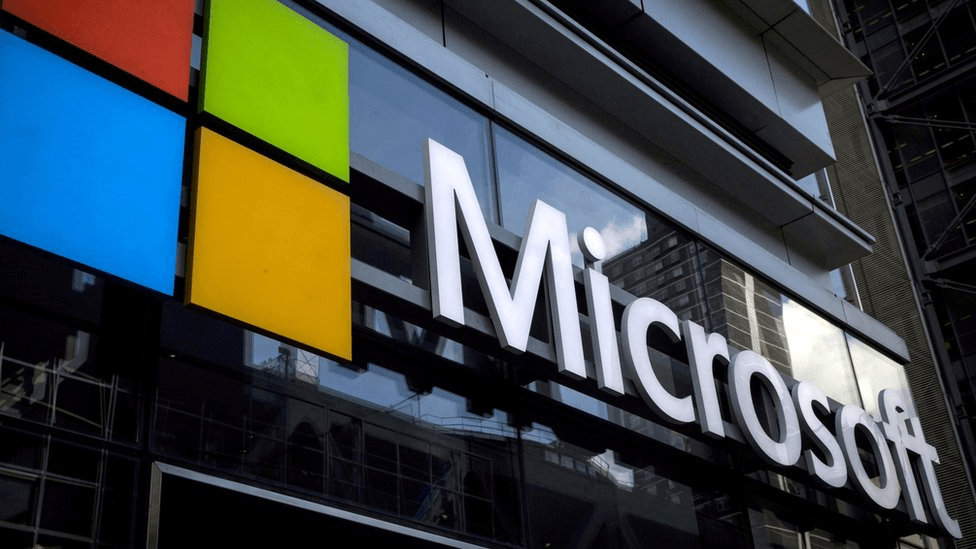
Why Skills-First Leadership Is Replacing the Ivy League Playbook in the C-Suite
The old prestige pyramid—where Ivy League degrees and blue-chip consulting backgrounds paved the way to the CEO seat—is cracking.

June 01, 2021: -The Russian hackers thought to be behind the catastrophic SolarWinds attack have launched another major cyberattack in the previous year; Microsoft warned three weeks before President Joe Biden met with Russian President Vladimir Putin.
On Thursday, Microsoft said that the hacking group, known as Nobelium, had targeted over 150 organizations worldwide in the last week, including government agencies, think tanks, consultants, and nongovernmental organizations.
They sent phishing emails spoof messages designed to trick people into handing over sensitive information or downloading harmful software to over 3,000 email accounts, said the tech giant.
Around 25% of the targeted organizations are in international development, humanitarian, and human rights work, Tom Burt says, Microsoft’s corporate vice president of customer security and trust.
“These attacks appear to be a continuation of multiple efforts by Nobelium to target government agencies are also involved in foreign policy as intelligence-gathering efforts,” Burt said.
Microsoft said organizations in 24 countries were targeted, with the U.S. receiving the largest share of attacks.
The breach was discovered three weeks before the Biden-Putin summit in Geneva.
It also came after the U.S. government explicitly said that the SolarWinds hack was carried out by Russia’s SVR, a successor to the foreign spying operations of the Soviet KGB.
According to Microsoft, Nobelium gained access to an email marketing account used by the U.S Agency for International Development, the federal government’s aid agency. The report is held on a platform called Constant Contact.
Burt further said that Nobelium used the account to “distribute phishing emails that looked authentic but included a link that, when clicked, inserted a malicious file.”
The file has a backdoor that Microsoft calls NativeZone, which can “enable a wide range of activities from stealing data to infecting other computers on a network,” according to Burt, said Microsoft notifies customers who have been targeted.
Steve Forbes, a government cybersecurity expert, outlined the dangers of these types of hacks.
“Phishing attacks are essentially a numbers game, and the attackers are playing the odds,” he said in a statement. “If they target 3,000 accounts, it only takes one employee to click on the link to establish a backdoor for the hackers in a government organization.”
The SolarWinds attack is worsened than first expected. It gave the hackers access to thousands of companies and government offices that used SolarWinds IT software.
President of Microsoft Brad Smith described that attack as “the largest and most sophisticated attack the world has ever seen.”

The old prestige pyramid—where Ivy League degrees and blue-chip consulting backgrounds paved the way to the CEO seat—is cracking.

Loud leaders once ruled the boardroom. Charisma was currency. Big talk drove big valuations.

But the CEOs who make history in downturns aren’t the ones with the deepest cuts

Companies invest millions in leadership development, yet many of their best executives leave within a few years. Why?

The most successful business leaders don’t just identify gaps in the market; they anticipate future needs before anyone else.

With technological advancements, shifting consumer expectations, and global interconnectedness, the role of business leaders

At seventeen, Professor Richard Rose stepped into a world few adults dare to navigate: the world of children fractured by trauma. He wasn’t a clinician then, nor a scholar. He was simply a young man with a heart tuned to the quiet ache of others.

Following a distinguished Law Enforcement career Joe McGee founded The Securitatem Group to provide contemporary global operational specialist security and specialist security training products and services for private clients, corporate organisations, and Government bodies. They deliver a wide range of services, including complete end-to-end protection packages, close protection, residential security, protection drivers, and online and physical installations. They provide covert and overt investigations and specialist surveillance services with a Broad range of weapons and tactical-based training, including conflict management, risk and threat management, tactical training, tactical medicine, and command and control training.

Jay Wright, CEO and Co-Owner of Virgin Wines infectious energy, enthusiasm, passion and drive has been instrumental in creating an environment that encourages talent to thrive and a culture that puts the customer at the very heart of every decision-making process.

Fabio de Concilio is the visionary CEO & Chairman of the Board at Farmacosmo, a leading organization dedicated to mental health and community support services. With a deep commitment to identifying and meeting customer needs, Fabio ensures that high standards are maintained across the board.

Leave us a message
Subscribe
Fill the form our team will contact you
Advertise with us
Fill the form our team will contact you